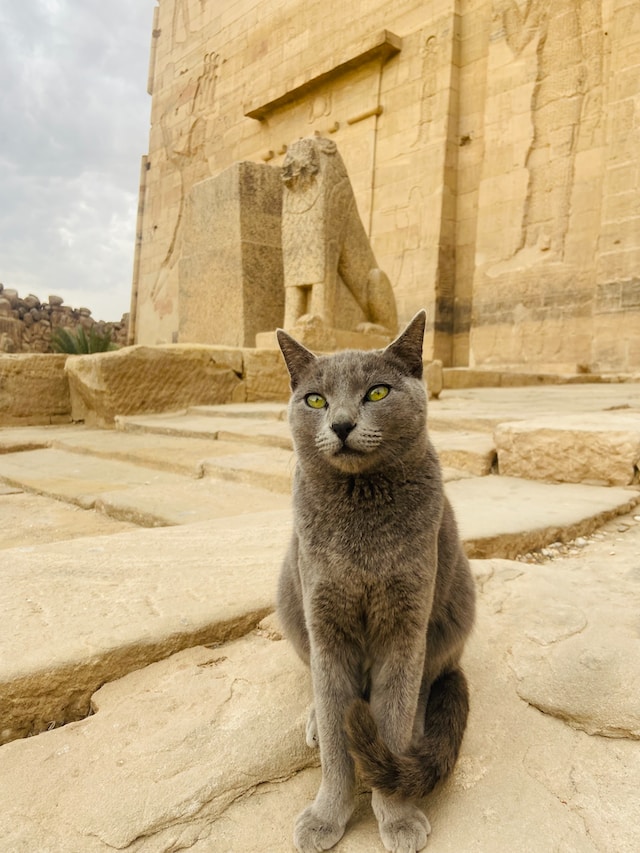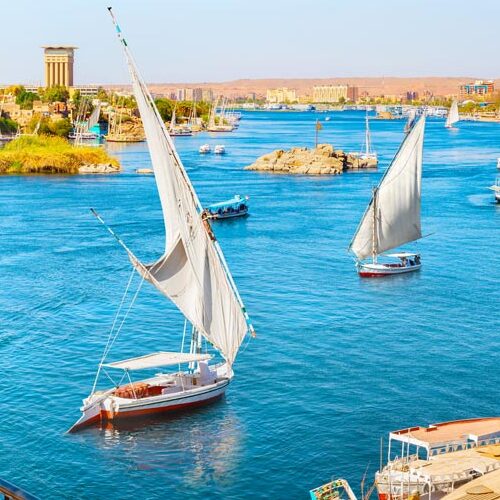No other nation in the world says ‘Welcome’ as often as the Egyptians, and every time, they mean it. While the ancient civilization of Egypt continues to amaze, contemporary Egyptians are equally remarkable.
History echoes
Aswan's Ancient Echoes: A Dive into History
The Strategic Swenett: Military and Cultural Bastion
Aswan, once known as Swenett, has been a pivotal military and cultural stronghold through various epochs – Roman, Turkish, and British. This frontier city served as a formidable line of defense against invasions from southern realms like Nubia and Africa. During Egypt’s Middle Kingdom zenith, Swenett was the launching pad for military expansions into Nubia, Sudan, and Ethiopia. It also played a crucial role in Egypt’s liberation from the Hyksos, under the leadership of the valiant king Ahmose.

Swenett in Ancient Chronicles
The significance of Aswan is immortalized in the writings of ancient historians and in sacred texts. Figures such as Herodotus, Strabo, and Ptolemy, along with references in the Bible, highlight its enduring importance. Today, the Aswan High Dam stands as a symbol of modern Egyptian achievement, a cornerstone of the country’s power generation, accounting for a significant portion of its electricity supply.
Aswan and the Science of the Ancients
Aswan’s geographic location sparked ancient scientific inquiry. Incorrectly believed to be directly under the Tropic of Cancer, it became the focal point for Eratosthenes’ groundbreaking calculation of Earth’s circumference in the 2nd century BC, marking a significant milestone in the history of science.
The Spiritual Evolution of Aswan
Aswan’s religious landscape evolved remarkably over centuries. The Ptolemies, keen on aligning with Egyptian traditions, refurbished the Philae Temple, a center for the worship of Osiris and Isis. This tradition of reverence was upheld by the Romans, with emperors like Trajan adding to its grandeur. However, the spread of Christianity, and later Islam, transformed the religious tapestry of Aswan. Ancient temples were repurposed into churches, and by the 10th century, Aswan emerged as a crucial link in Islamic trade routes.
Aswan, with its rich history and diverse cultural legacy, stands not just as a city, but as a living chronicle of human civilization, continuing to enchant and educate travelers and historians alike.
Created On March 18, 2020
Updated On Aug , 2024



